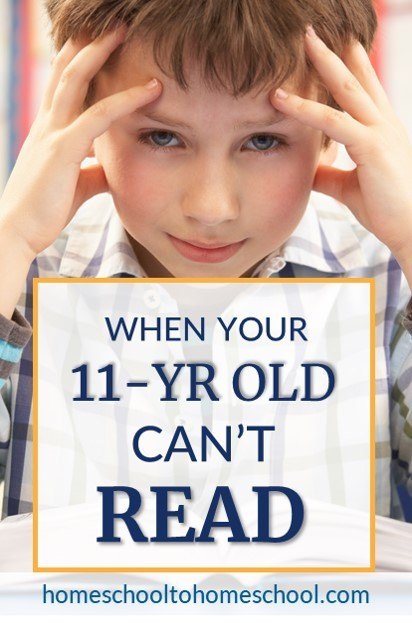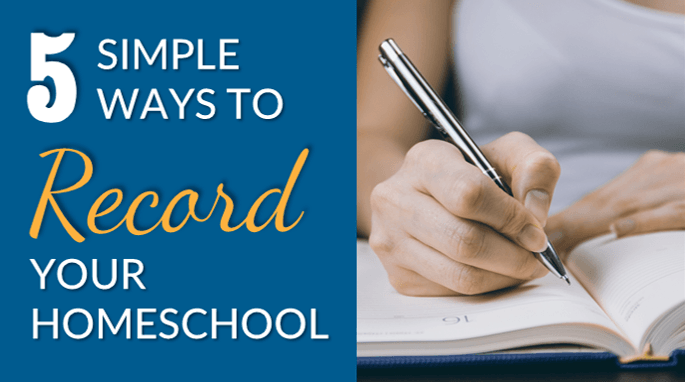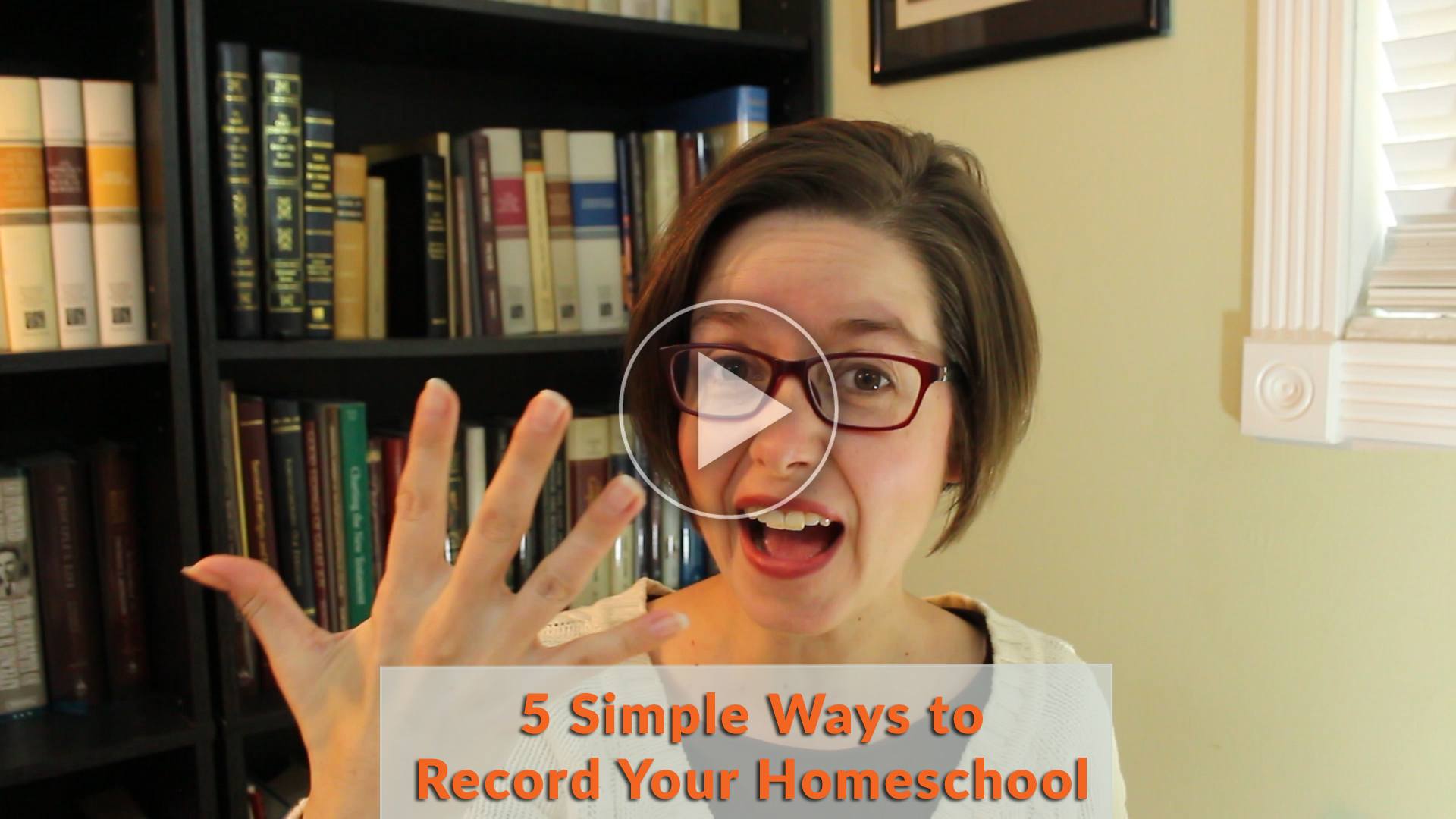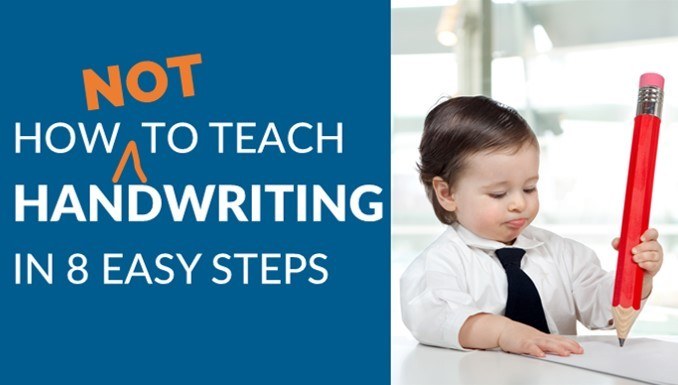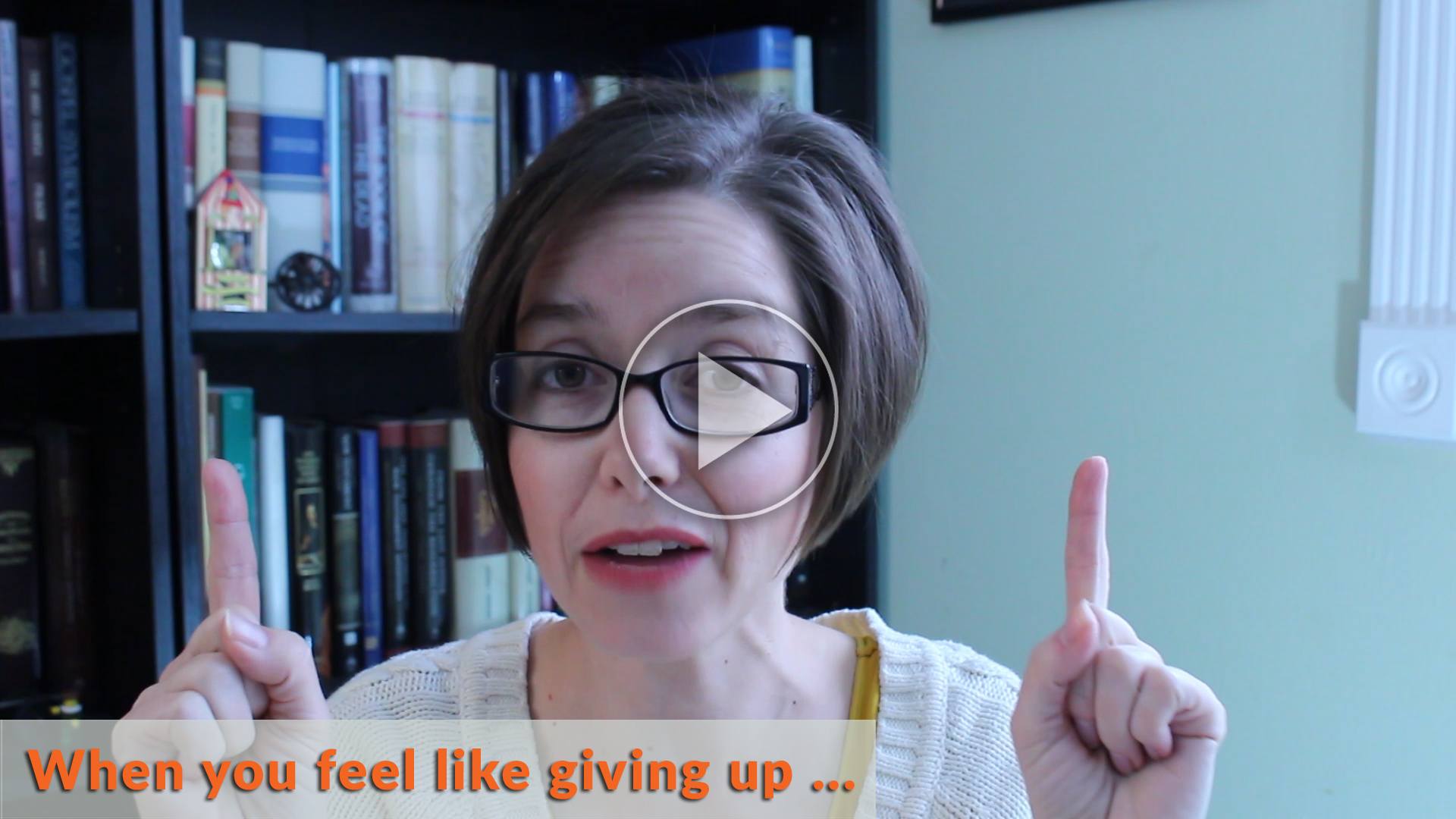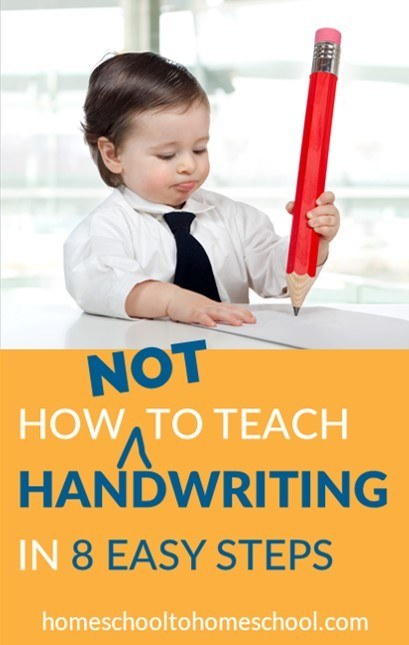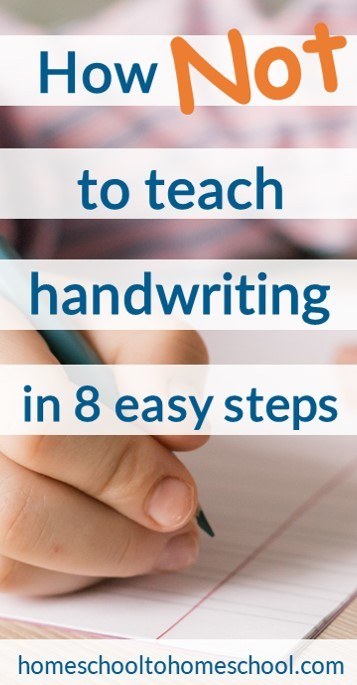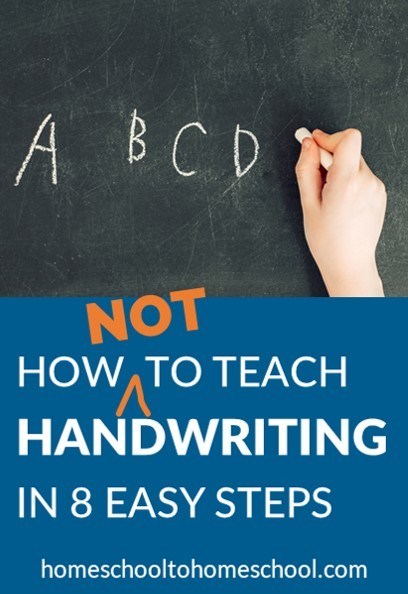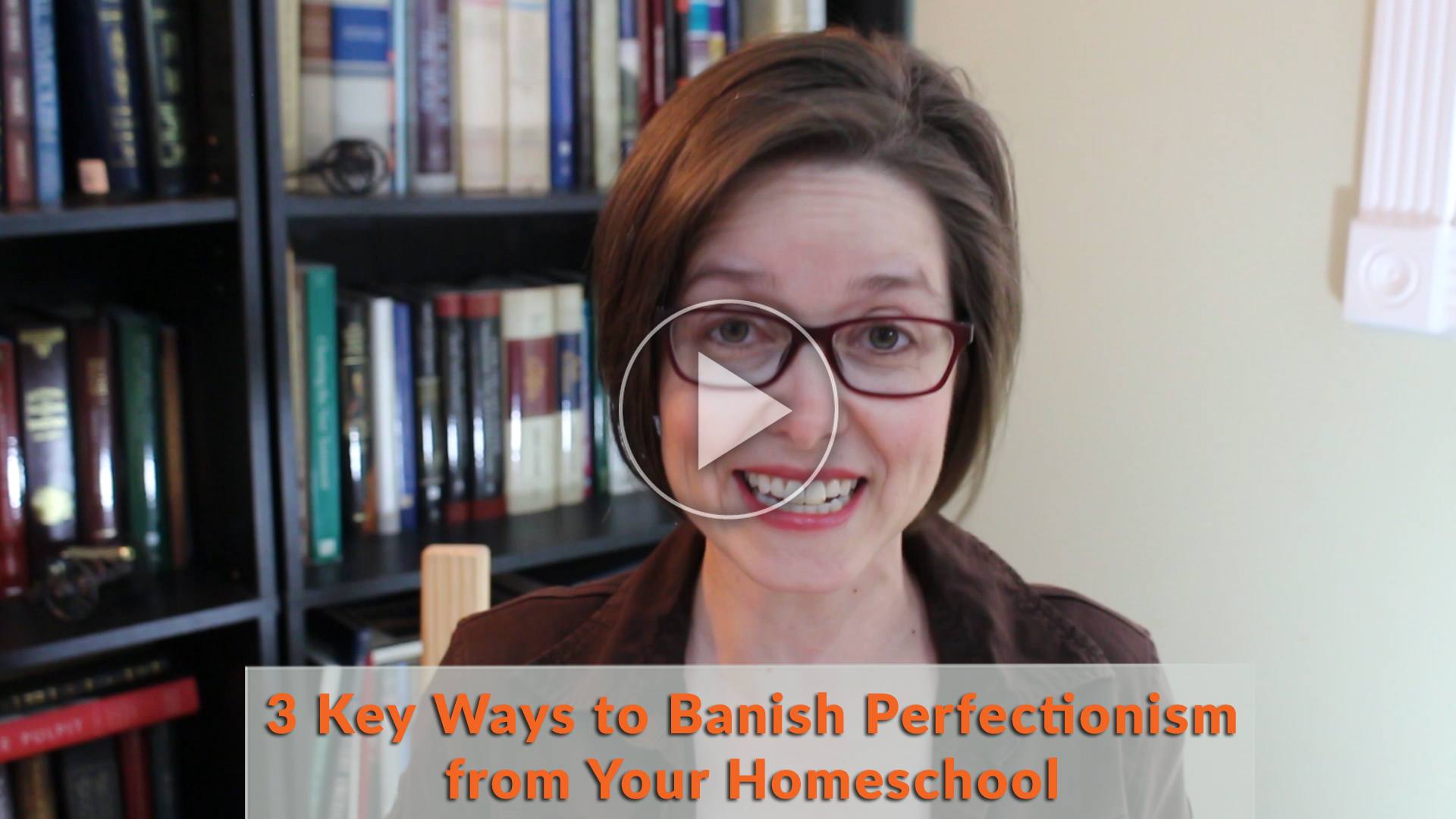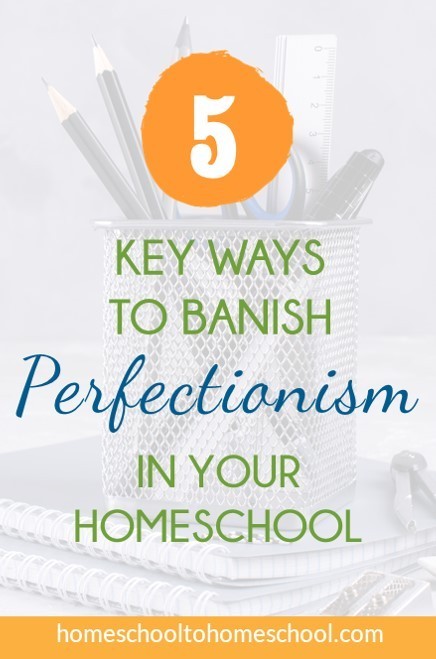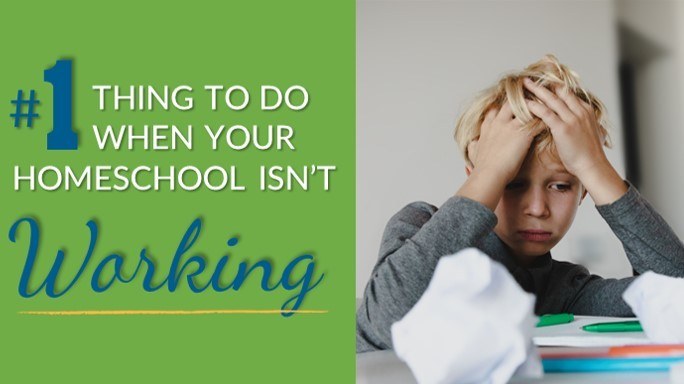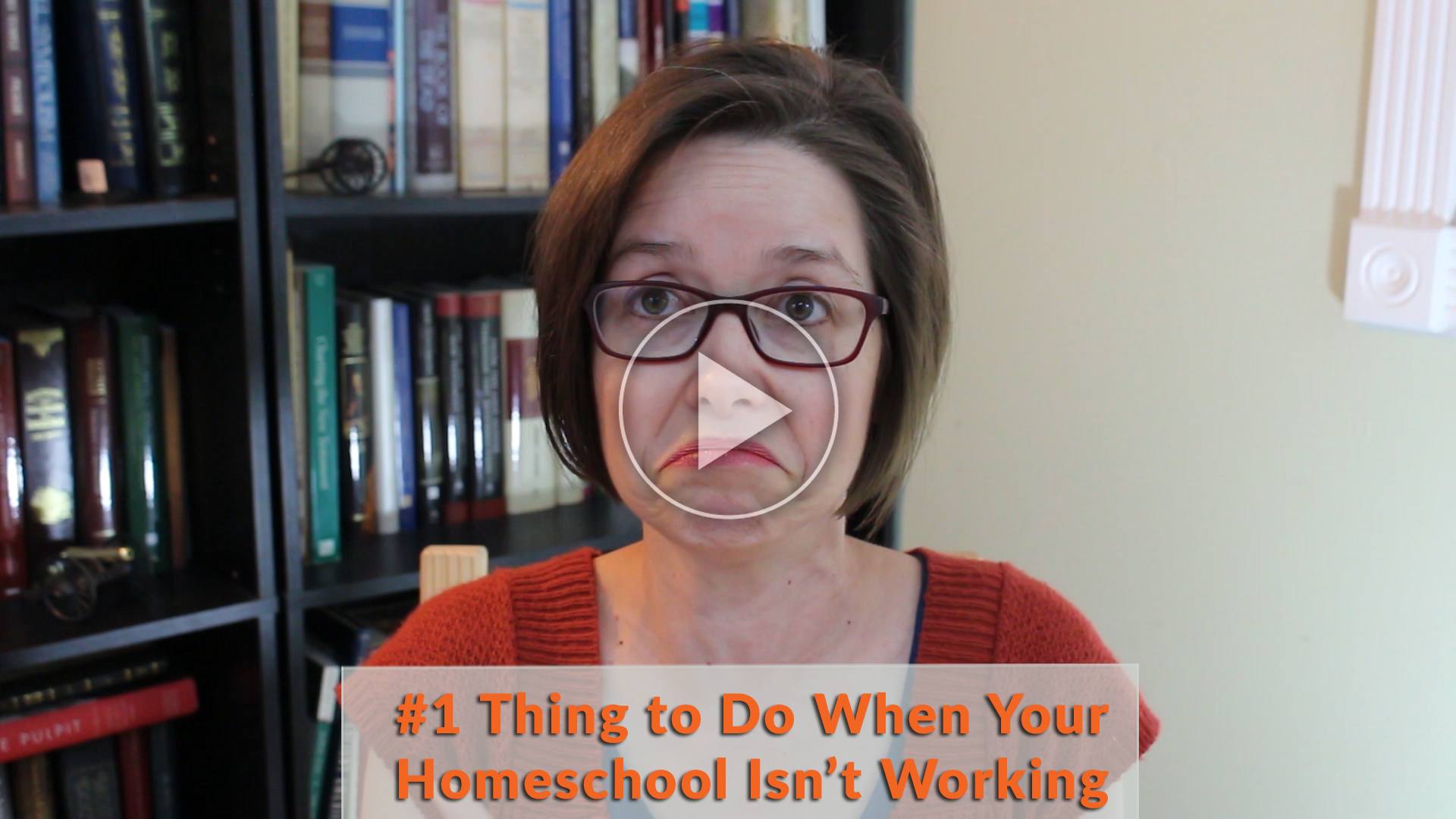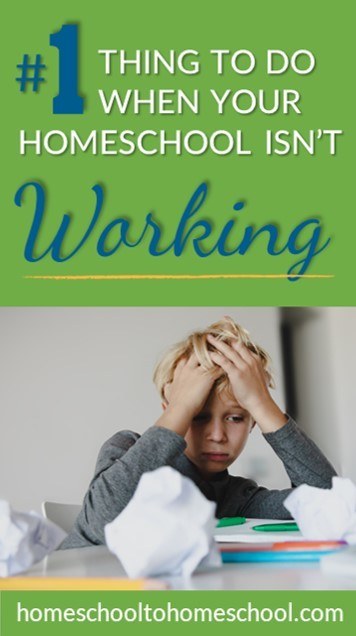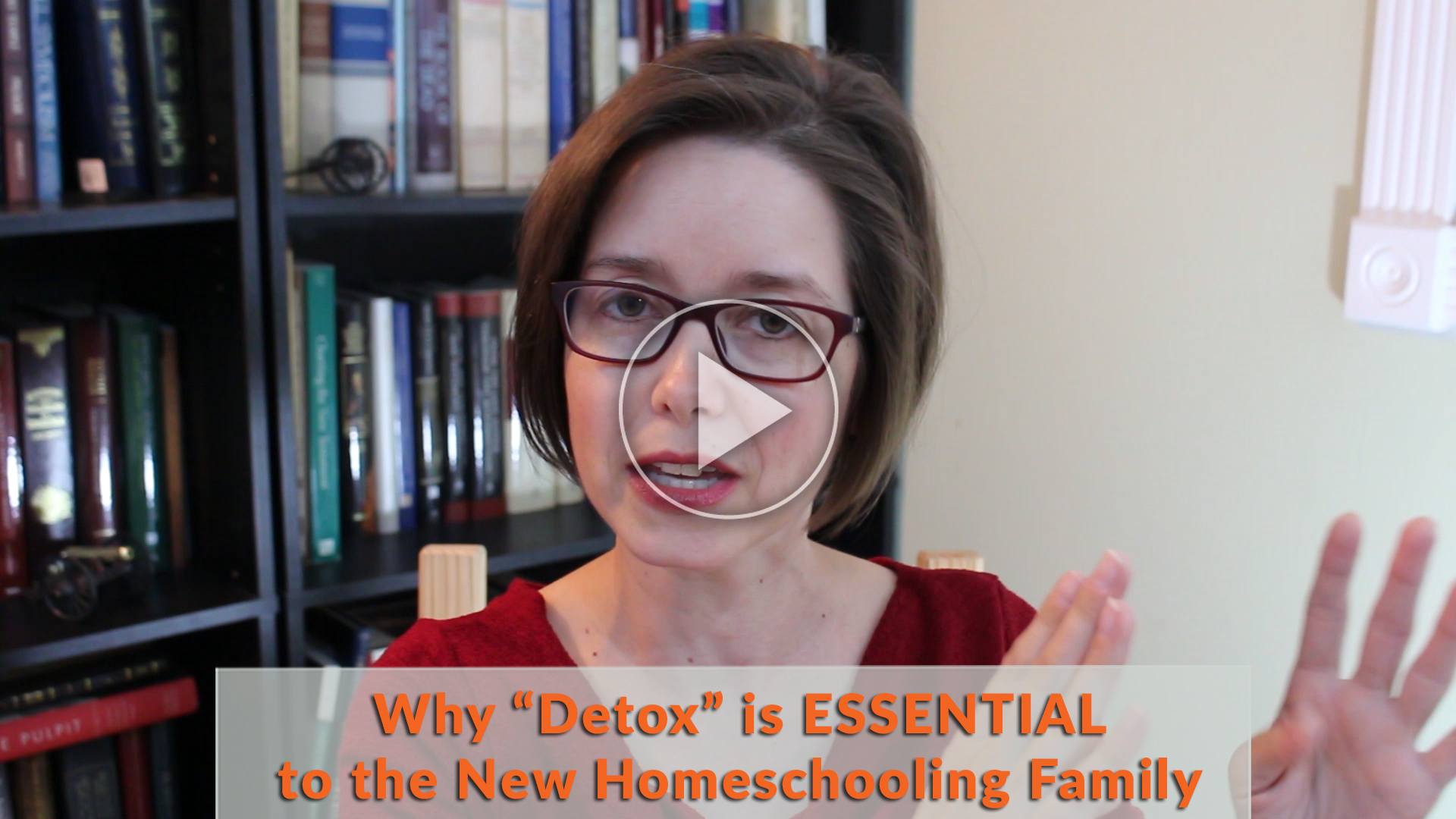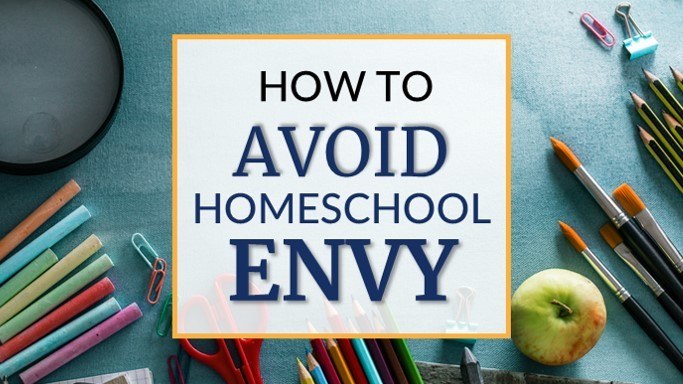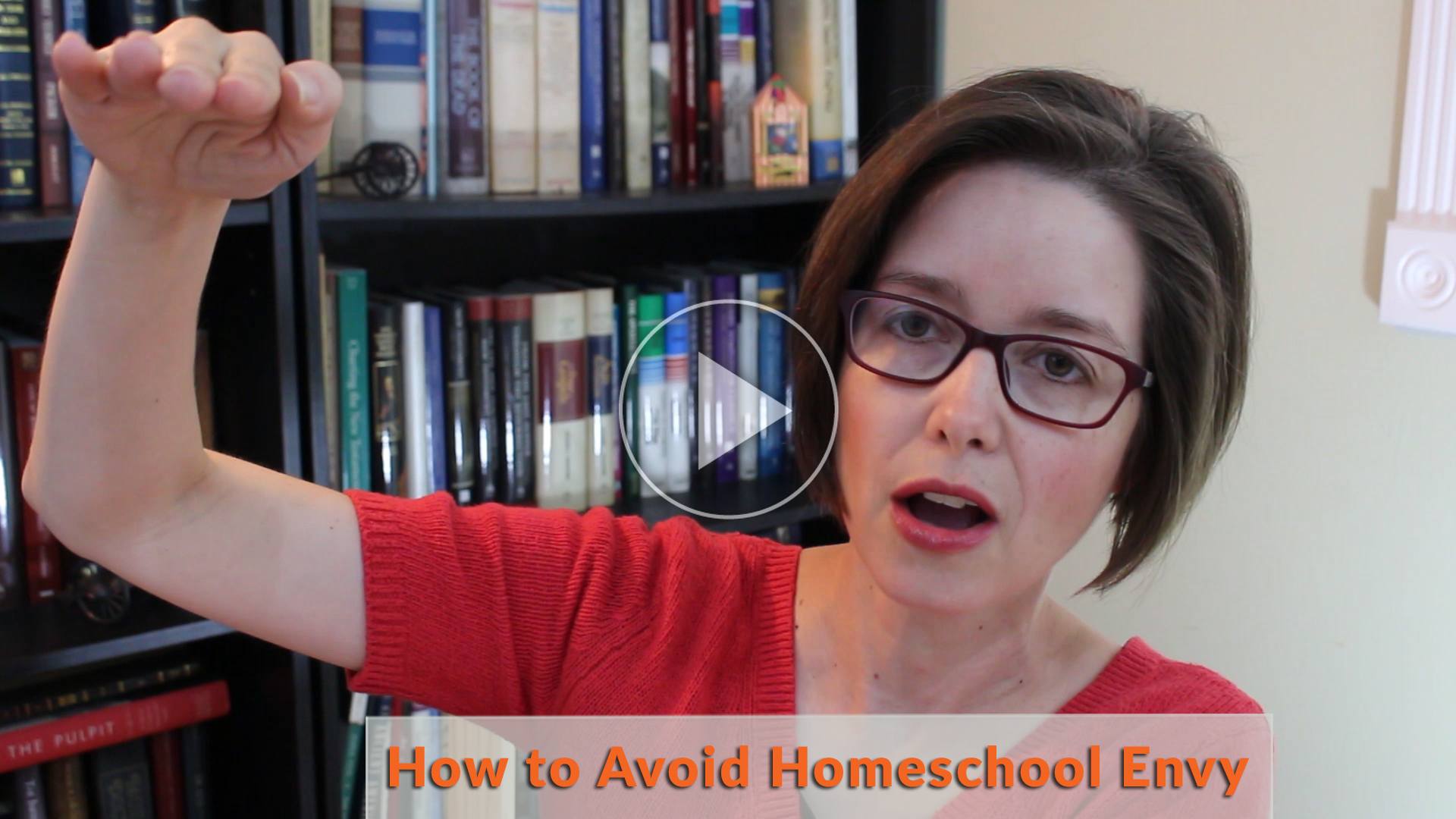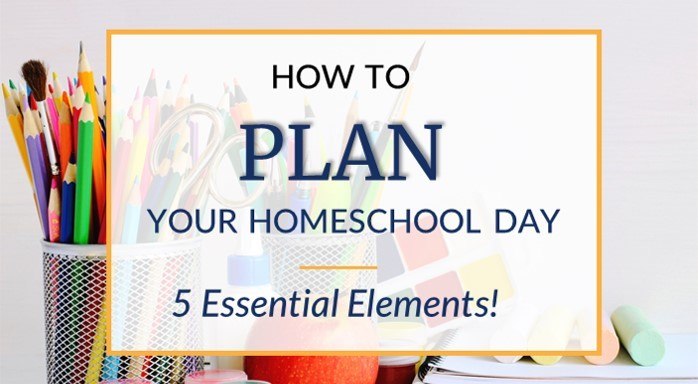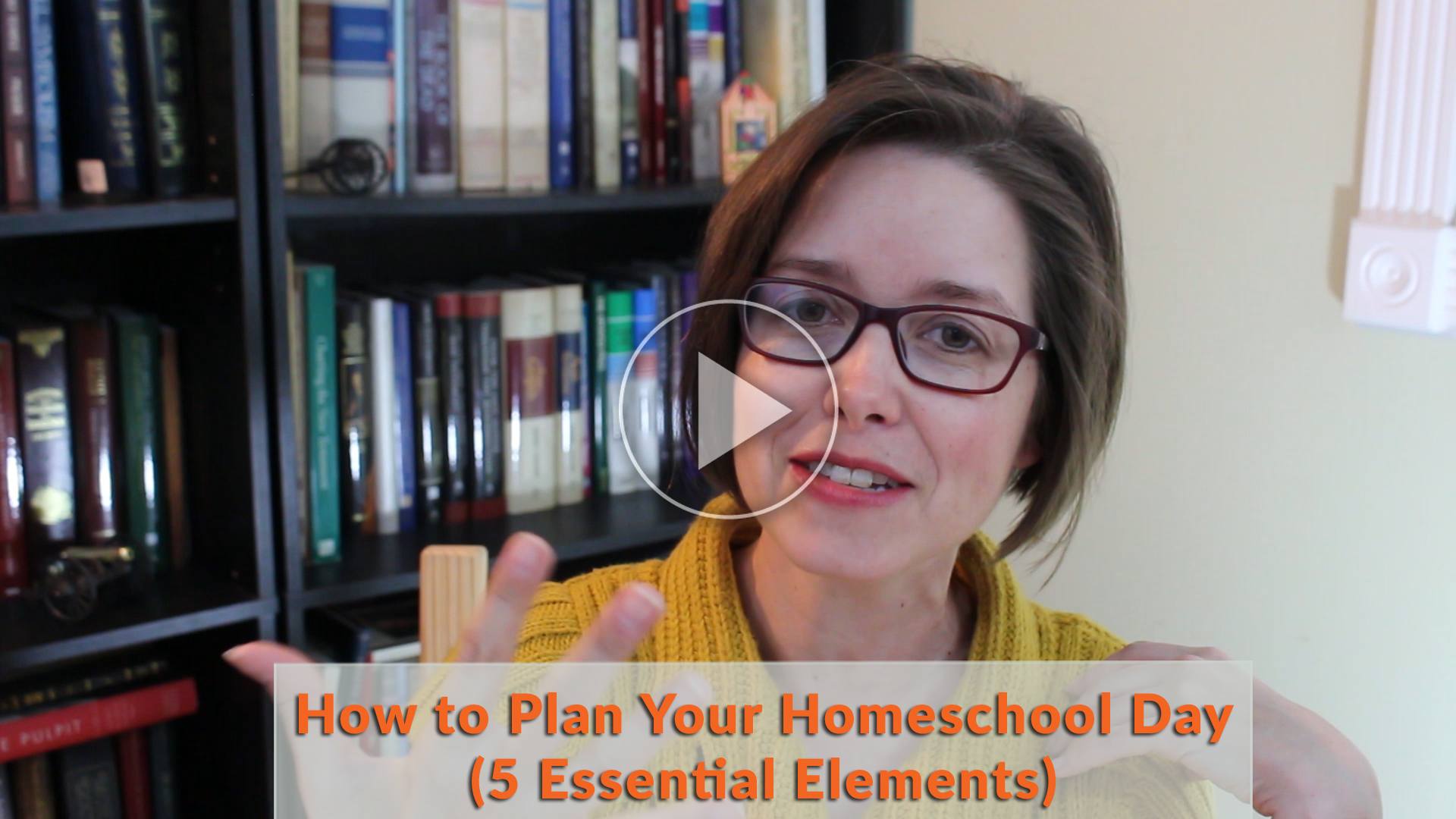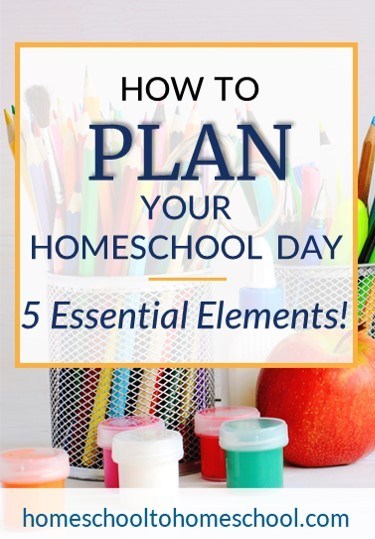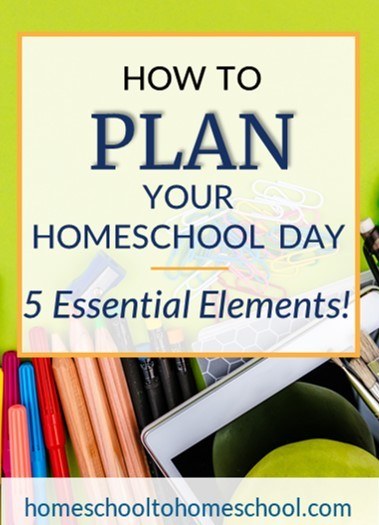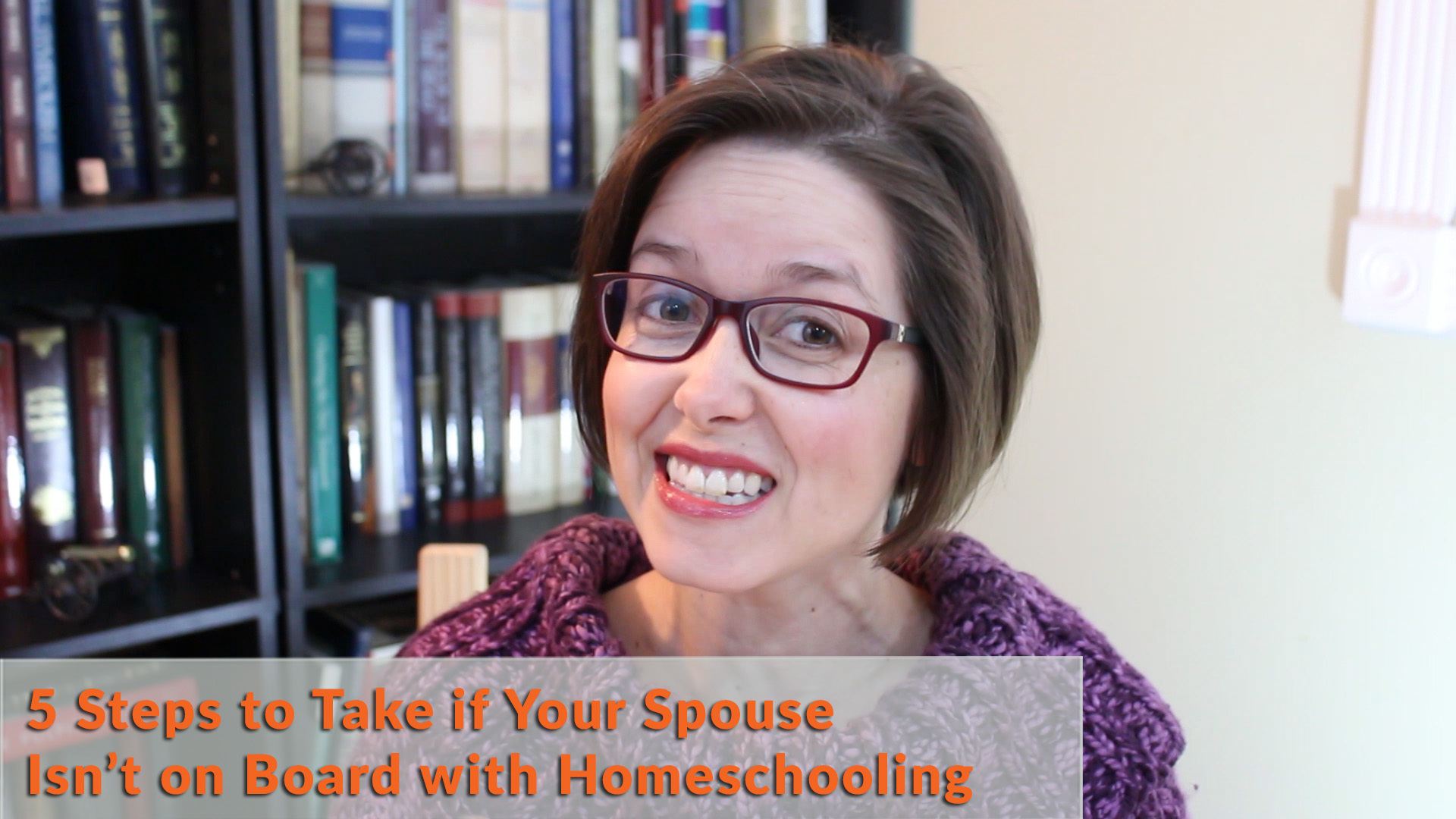Is your kid struggling to learn how to read? Do you find yourself waking up in the middle of the night thinking, “My kid can’t read … what am I going to do???”
If so, I totally get it! Of my four children, three of them took forever to learn to read.
My daughters were both over eight before they could read. And my youngest son was ELEVEN before he started reading independently.
And during those years, I spent a lot of time figuring out how to help a child with reading difficulties. I wanted to make sure I wasn’t missing anything … and that I was doing everything that I could.
Turns out there are several things you can do to help a struggling reader … and there’s also a part that requires you to just “wait and see.”
Finding the balance between the two of those can be tricky. So today I’m sharing five tips I recommend if your child can’t read or you’re trying to teach reading to a struggling reader.
And in this video, I share some of my favorite resources that I found along the way.
Check out this post to learn more about what I recommend for dyslexia.
Check out this review of my FAVORITE chapter book series for teaching kids to read.
Want to keep reading instead of watch? Scroll to read a transcript of the video.
Ready to feel Confident and Successful as you homeschool?
Register below to watch my FREE CLASS
Confident Homeschool Secrets
7 Ways to Create a Homeschool That Works (and you LOVE!)
Transcript
Hello, my name is ToriAnn Perky and from my homeschool to your homeschool today I want to talk about what should you do if your 11 year old is still not reading. And actually the content we're going to talk about today applies to your kid no matter what age they are. If you think they should be reading and they're not. Now this as a homeschooler can be a really kind of scary topic.
You get all excited, you're teaching your kid to read and you're not making progress and then you're looking all around and everyone around you, their kids are learning to read and suddenly they're reading these big books and suddenly they're, they're reading, you know, full length novels and series and your kid is still stuck on sounding out cat. You're thinking, what am I doing wrong? What is this? What's wrong with my kid?
You know, what do you do? Well, let me just give you a little bit of background on why I feel like I have a lot to offer here. And then we'll talk about exactly what it is that I recommend. So first of all, what you need to know is that three of my four kids, I've been homeschooling for over 15 years. I have four kids. Three of my four kids were really late readers. And by really late readers, I mean that I had one that learned to read fluently on her own at eight another was eight and a half and my youngest son was over 11. Eleven!
I can't even begin to tell you how scary that can be. I thought, what is wrong with this kid? But fortunately he was my last kid. And so by then I had some experience and I put in place the things that I'm going to talk about today and it helped a ton.
Now one of the things to keep in mind about reading is that it's a really interesting expectation that we all have in our culture. Not only should kids be able to read, but that they should be able to read well. And as a homeschooler you may actually feel really good about delaying teaching to read, which is totally fine. So a lot of homeschoolers and a lot of philosophy out there that actually shows that kids benefit from waiting until they're a little bit older to read unless they're asking for it. And that is absolutely an acceptable way to look at that.
But even someone who had kind of bought into that, and that was, that was where I was coming from. When my kids would start to get to eight, I would start to get nervous. And certainly with my son, by the time he was nine and 10 I was feeling that nerves. And the reason is that our culture expects that kids will be able to read at a certain time. And even though my kids don't go to public school, he was going to church classes where he was being asked to read. He was going to family functions where the fact that he couldn't read started to come up. And even though I would explain that we were working with him and that he was figuring it out and we were doing different things, it was really hard for him because as he was asked to read, he'd be embarrassed and he would have to figure out ways to hide the fact that he couldn't read or he'd have to admit that he couldn't read. And so socially it started to become a problem and it was hard for him and therefore it was hard for me and I was trying to help him through all of this.
So no matter where your kid is and how old they are, I want to acknowledge that if your kid is significantly older and still struggling with reading, this is not easy. And because they start to feel bad about themselves, potentially it starts to affect how they feel and see themselves as a scholar, as a reader, as someone who can do well in school and well with academic subjects. This is a really important thing to address. So let's go through this. I actually have five different things that I recommend you do. If you have a late reader, someone who isn't reading yet, and I found that we actually did all of these things with more than one of my children.
Get Eyes Checked
So if your child is significantly older and we're saying eight, nine, 10, and they're still really struggling with reading, the first thing I recommend is go get their eyes checked. It turns out that there are often vision issues related to reading that have nothing to do with being able to see far, you know, the blurry idea of "I can't see without my glasses." There's a lot of vision issues that can affect reading.
And with my son, it turned out that was one of the issues. He had trouble focusing with his eyes. The muscles were weak and because the muscles were weak, when he looked at the page, it was blurry. So we got his eyes tested. We went to a specific doctor that had a more specific training on how to help with this kind of a reading issue. And I know where they are in my area, but depending on where you are living, I recommend you ask in your homeschool community, maybe online about specific eye doctors that might be able to help with vision issues that relate to reading and it made a big difference. We got him some glasses, he did some exercises and that definitely accelerated his ability to learn. I saw a huge improvement.
Dyslexia
The second thing I recommend is definitely look into dyslexia. Dyslexia may actually have been one of the first things you start to think about when it comes to your kid not being able to read. And it turns out that three of my four kids, all of the children that had a hard time learning how to read turns out that dyslexia was part of the picture. Doesn't mean they can't learn how to read, but it does mean that you're going to need to approach it in a different way. You're going to need to be more patient and you may need to take advantage of other resources that are specifically geared towards learning how to read.
Now I actually have one of my favorite, favorite, favorite books and a bunch of other resources all related to dyslexia. I made another video about this. I'm going to put the link down below so you can check that out if you are interested in learning more about dyslexia resources that can help with your homeschool. So that's the second thing I recommend is definitely learn some more about that and how you can potentially incorporate that into your homeschool.
Don’t Stress
The third thing that I recommend is continue to work together but don't stress about it. So by continuing to work together, what I mean is you're going to be sitting and you're going to teach your kid to read. You're going to be going slowly and you're going to approach it differently. For us. What I found worked is that we would sit one on one, we would read together, we would go and that was part of our special time together and it meant that we delayed some of the other academic things that I might've had him do in order to focus more on reading and that was true for all my kids, but particularly my child who was 11 before he really learned how to read.
One of the things I really, really like to do is start them into chapter books. I have a specific chapter book series that I love. I will also leave a link down to my review of that series. But what we would do is I would start with, I would read a paragraph and he would read a paragraph and then it got to the point where when I would read a page and he would read a page because the reading was so taxing on his mind and his eyes that we needed to slow down the pace that he was required to put effort into the reading, but speed up the pace at which he was getting the story.
Because there comes a point where the child no longer wants to read those really, really early readers. So we would start to read the harder books, but we would do it in a way that still allowed him to be supported as he was learning how to read himself. So check out that link. I have a specific series, a chapter series book that I love, love, love. If you are just at that beginning stage and it works particularly well with older kids because it's funny and even adults enjoy it, but it still is at a reading level that works for these early kids.
Trust the Process
The fourth thing I recommend if you are trying to help an older kid learn how to read is be patient and trust that they are going to figure it out. There are so many elements to reading that require brain development, that require patience, they've required dedication, and depending on what's going on with your kid, it may be a really slow long process. So you want to be consistent, but you want to keep your personal mindset in a place where you're going to feel hopeful, where you're going to believe that it can happen because it will happen.
I believe that if you put all the right pieces in place, every child, just about every, child can learn to read and if your child is one who isn't going to learn to read, you're already aware of that because there are such severe other special needs that you're dealing with and so trust the process. Trust that if you're getting the right things in place, it's going to work out.
Check your Expectations
The last thing I want to recommend, and this is an interesting one, is that you may have to adjust your expectations. You may actually have to step back and embrace the idea that your kid may never be a lover of reading. And the reason I put this here is because I love to read. I actually learned how to read when I was really, really little, like age three, and I read constantly as a kid in elementary school and then into junior high, high school.
And now as an adult I read all the time the idea that I could have a kid who doesn't want to read or one doesn't want to read a lot. Part of, a little part of me kind of dies inside because it's such a huge part of who I am. But the truth is that I have unique kids with unique gifts and unique skills and unique challenges. And some of my kids love to read and some love to do other things and that doesn't make them any worse. And it certainly doesn't mean that they can't get a good education, that they aren't going to be successful adults and they can't be happy and fulfilled and well educated. It simply means that the route they're going to take to get there is going to be different. So I've had to adjust how we talk about learning in our home.
I've had to adjust the resources that I put in front of my children and provide for them. I've had to adjust my expectations of how they're going to acquire knowledge. And as I've done that, I've been able to calm down. They're able to still move forward and our entire homeschool experience has been magnified and de-stressed because I've adjusted my expectations. So that's my fifth recommendation is you may have to change how you see learning in your home.
If you have a kid who really struggles to read, doesn't mean they can't learn to read, but they never, they may never be a, you know, just a vacuum cleaner when it comes to reading. So that is my recommendation. That is what I recommend those steps. If you have a kid who is struggling with reading, definitely take advantage of all those different ideas and I know that you're going to figure out the best avenue to help your child accomplish this really important and basic skill when it comes to your homeschool. My name is ToriAnn Perkey and I make these videos every week so that you can be a successful and confident homeschool mom.
Save for later by pinning to your favorite Pinterest board!

